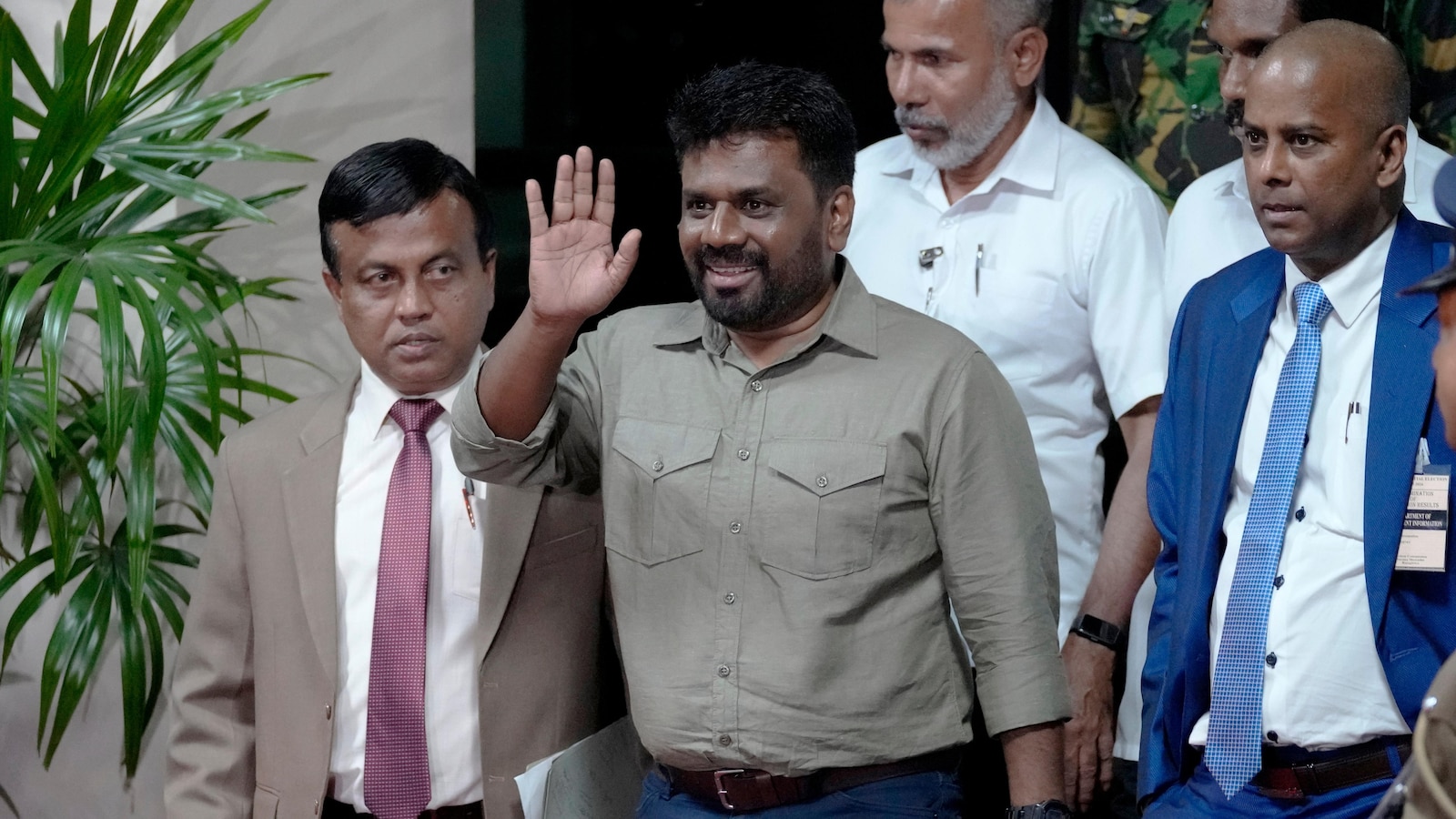Sri Lanka’s New President: Marxist Leader Anura Kumara Dissanayake Takes Oath
COLOMBO, Sri Lanka — Anura Kumara Dissanayake, leader of the Marxist-leaning National People’s Power coalition, was sworn in as Sri Lanka’s tenth president on Monday. His victory in Saturday’s election signals a rejection of the old guard blamed for the country’s economic crisis.
Dissanayake, 55, secured a decisive win over opposition leader Sajith Premadasa and 36 other candidates. He received 5,740,179 votes, compared to Premadasa’s 4,530,902. The election was crucial as Sri Lanka grapples with its worst economic crisis and the political upheaval that followed.
Dissanayake’s coalition is led by the Janatha Vimukthi Peramuna (JVP), or People’s Liberation Front, a Marxist party with a history of armed insurrections in the 1970s and 1980s. After their defeat, the JVP entered democratic politics in 1994 and has primarily remained in opposition. However, they have briefly supported and participated in several previous governments.
The NPP grouping also encompasses a diverse range of individuals from academia, civil society movements, the arts, law, and student groups.
Dissanayake was first elected to Parliament in 2000 and served as Minister of Agriculture and Irrigation under President Chandrika Kumaratunga. He previously ran for president in 2019, losing to Gotabaya Rajapaksa, who was ousted two years later due to the ongoing economic crisis.
Sri Lanka’s economic crisis is attributed to excessive borrowing for non-revenue-generating projects, the impact of the COVID-19 pandemic, and the government’s decision to use dwindling foreign reserves to prop up the rupee. Dissanayake’s presidency marks a significant shift in Sri Lanka’s political landscape as the country embarks on a challenging path towards recovery.

